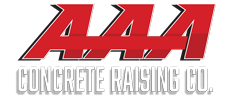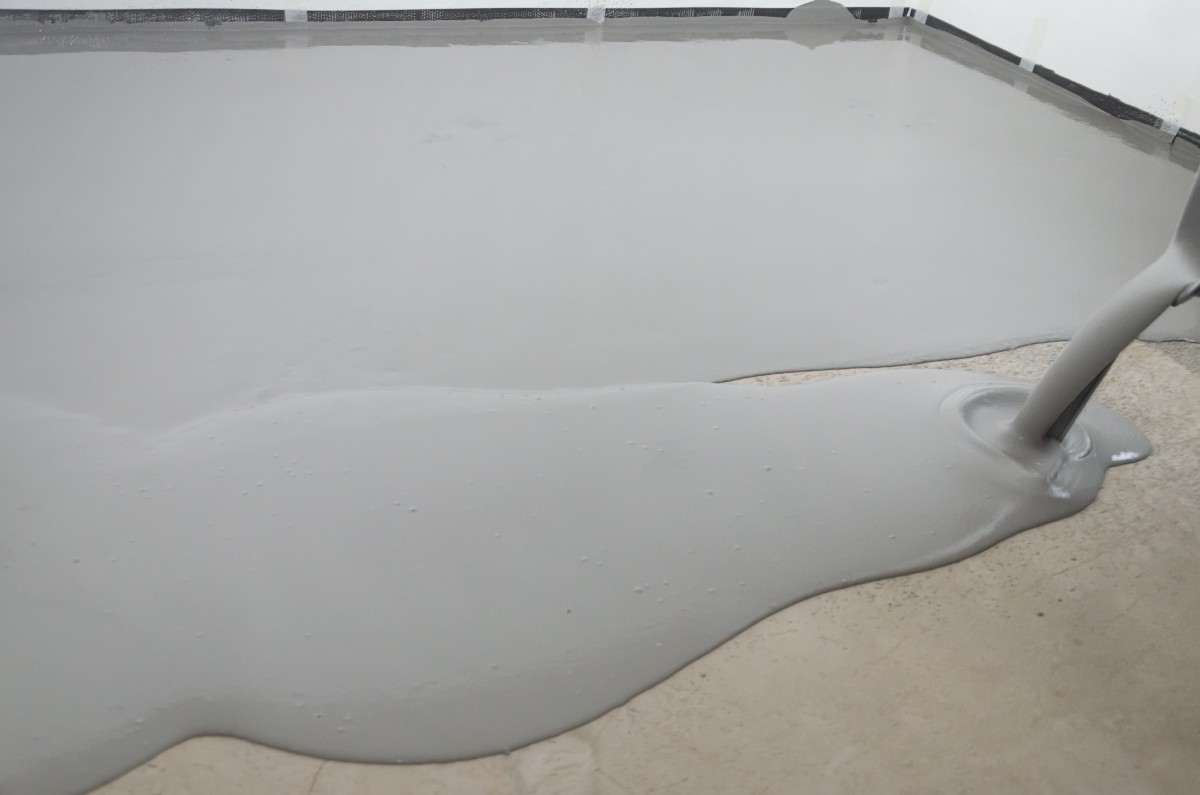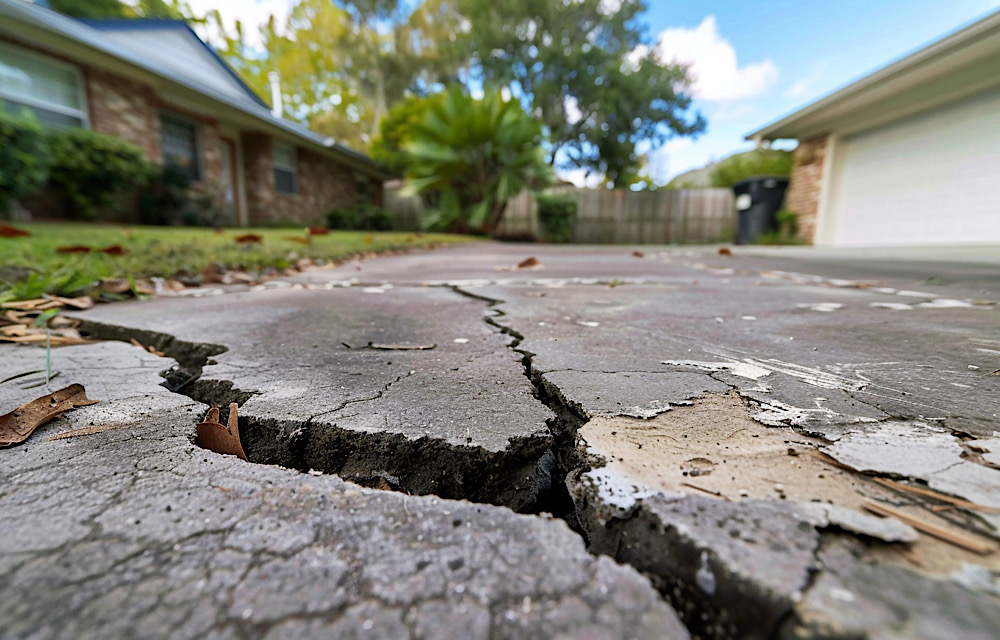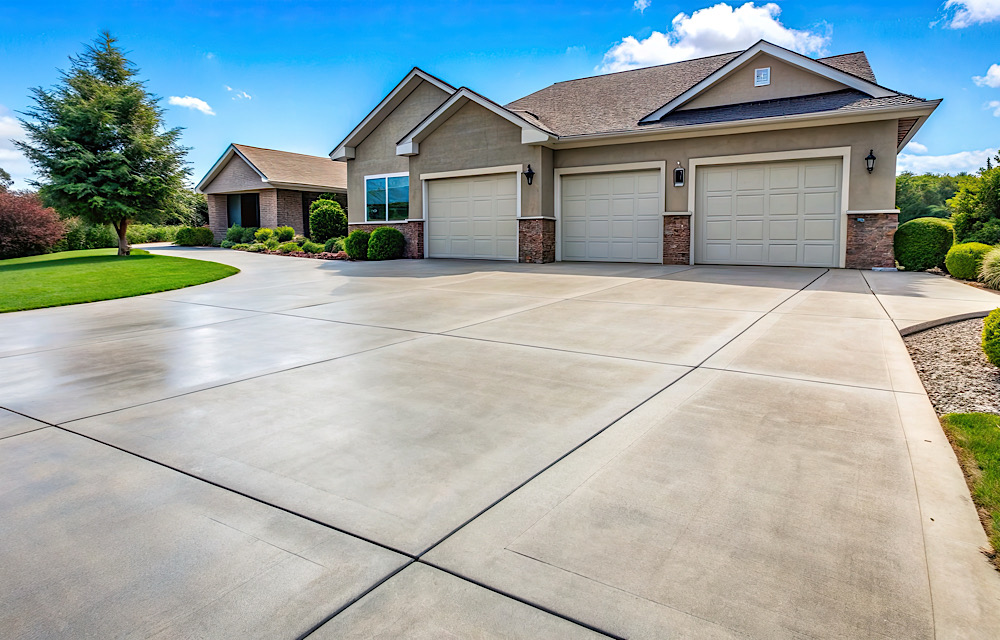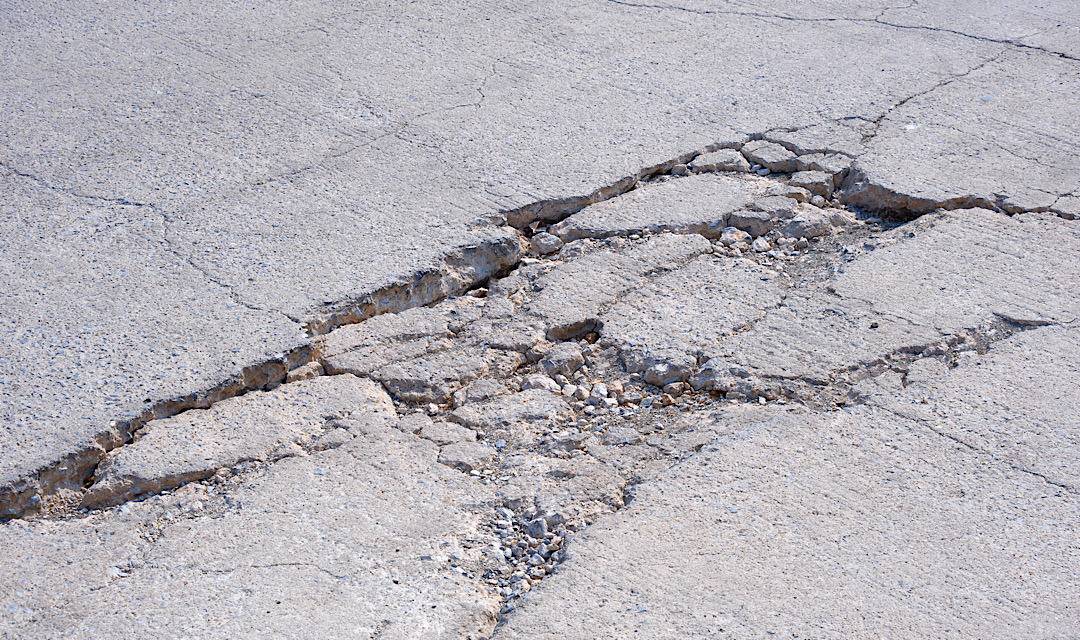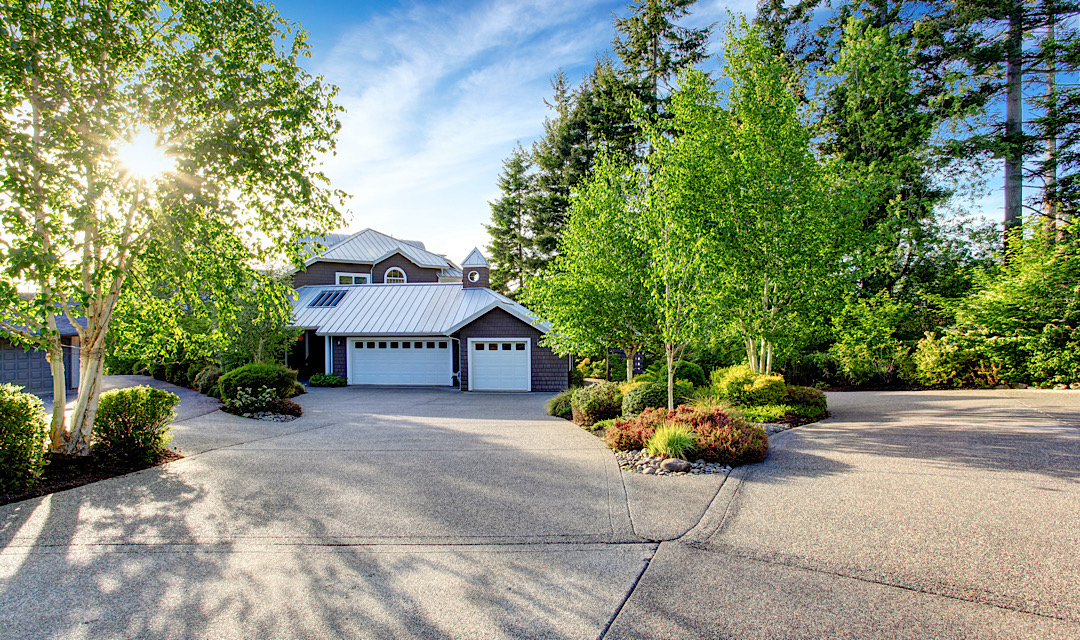Self-leveling concrete, a durable and poured concrete-like substance, has gained popularity in recent years. Frequently employed as an underlayment in preparation for tile and vinyl flooring, this material proves to be a cost-effective solution, especially for homeowners on a budget. But can it serve as a stand-alone flooring material? Here’s what you should know.
What Is Self-Leveling Concrete?
Self-leveling concrete is a type of cementitious mixture that looks and functions much like traditional concrete. Unlike concrete, however, the material flows much easier and sets up faster. Mixed with water, self-leveling concrete is pumped or poured and then spread evenly using a gauge rake. Once it has fully spread out, the mixture continues to spread evenly until it eventually levels itself out evenly.
Depending on the product, self-leveling concrete can set up smoothly within only 1 to 2 hours. After around 6 hours, it can be completely ready for use, depending on the type of flooring material installed on top. Self-leveling concrete is most often used as an underlayment for carpet, tile or other floor coverings.
Self-leveling concrete is unlike traditional concrete because it contains a high amount of polymers, which are unique, glue-like molecules that bond the substance together. Traditional concrete also requires a lot of water to become fluid enough for pouring. Self-leveling concrete maintains its fluidity without the need for large quantities of water.
While self-leveling concrete is essentially more expensive gallon-for-gallon, it is a versatile substance that can help homeowners avoid having to demolish or replace existing damaged concrete. Instead of having to tear up old concrete, you can use a half-inch layer of self-leveling concrete to restore the surface and immediately rejuvenate its aesthetic.
When Should Self-Leveling Concrete Be Used?
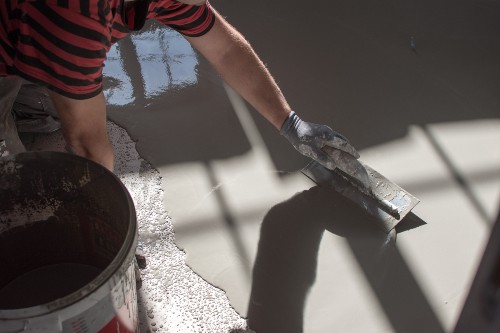 Self-leveling concrete can be useful when cracking, pitting and splitting can’t be fixed using traditional concrete patching compounds. It can also be used to smooth uneven or flat spots on concrete surfaces that aren’t severe enough to warrant mudjacking or total concrete replacement.
Self-leveling concrete can be useful when cracking, pitting and splitting can’t be fixed using traditional concrete patching compounds. It can also be used to smooth uneven or flat spots on concrete surfaces that aren’t severe enough to warrant mudjacking or total concrete replacement.
At the same time, self-leveling concrete can be used as a standalone, finished flooring material. It’s durable enough to hold up to everyday wear and tear. Its raw, industrial look also looks great with many different design themes. Coloring additives can help create beautiful finishes that complement planned or existing paint, décor or accessory features such as accent tiling or backsplashes.
Floor leveling compound is a key consideration when preparing surfaces for the application of self-leveling concrete. This ensures a smooth and even base for the material.
Sealing self-leveling concrete is an essential step to enhance durability and protect against moisture and stains. It’s a crucial aspect, especially when considering self-leveling concrete outdoor applications.
Floor leveler for concrete is an essential component in achieving a smooth and even surface with self-leveling concrete applications.
However it’s used, self-leveling concrete can be a cost-effective flooring solution for budget-conscious homeowners. This is especially true for projects that might otherwise require the complete demolition of a subfloor, floor or, in some instances, foundation. When applied by a reputable contractor, self-leveling concrete can be used to save and revitalize a floor. That said, as useful as this method can be, there are times when it isn’t appropriate.
When Self Leveling Concrete Shouldn’t Be Used
In most instances, self-leveling concrete should only be used for interior flooring, either as a standalone surface or as a subsurface for flooring. There are a few indoor/outdoor applications that can make sense (a covered-but-exposed carport or garage floor, for instance). The vast majority of the time, however, self-leveling concrete won’t be appropriate for outdoor applications.
Vertical surfaces are also poor candidates since polymer-mixed, self-leveling concrete won’t cure very well on surfaces that aren’t horizontal. Self-leveling concrete is also inappropriate in areas where heavy machinery will be operating or harsh chemicals will be used. Despite its impressive durability, self-leveling concrete isn’t as resilient as traditional concrete and won’t hold up to especially harsh conditions.
Hiring the Right Professional For Your Floor Can Be Cost-Effective
Concrete leveler expertise is crucial when considering self-leveling concrete applications that’s why concrete repair requires years of training and experience to ensure that flooring, and the underlying structure, are safe and durable. Without in-depth knowledge, you can easily make a minor problem much worse. In addition to making a considerable mess, DIY concrete repair can cover up serious structural issues and make a failing surface more dangerous. It’s not uncommon for DIY concrete repair to make problems much worse, forcing a homeowner to pay for a brand new surface when a professional could have fixed the issue with only a few targeted repairs.
AAA Concrete Raising has served Colorado homeowners and businesses for more than two full decades. We bring the best materials and leading-edge expertise to rejuvenate the look of existing concrete while ensuring a safe, functional surface without the need for total slab replacement. Our innovative equipment ensures fast, efficient work that won’t disrupt the local neighborhood. Contact our attentive team of experts to learn more.
